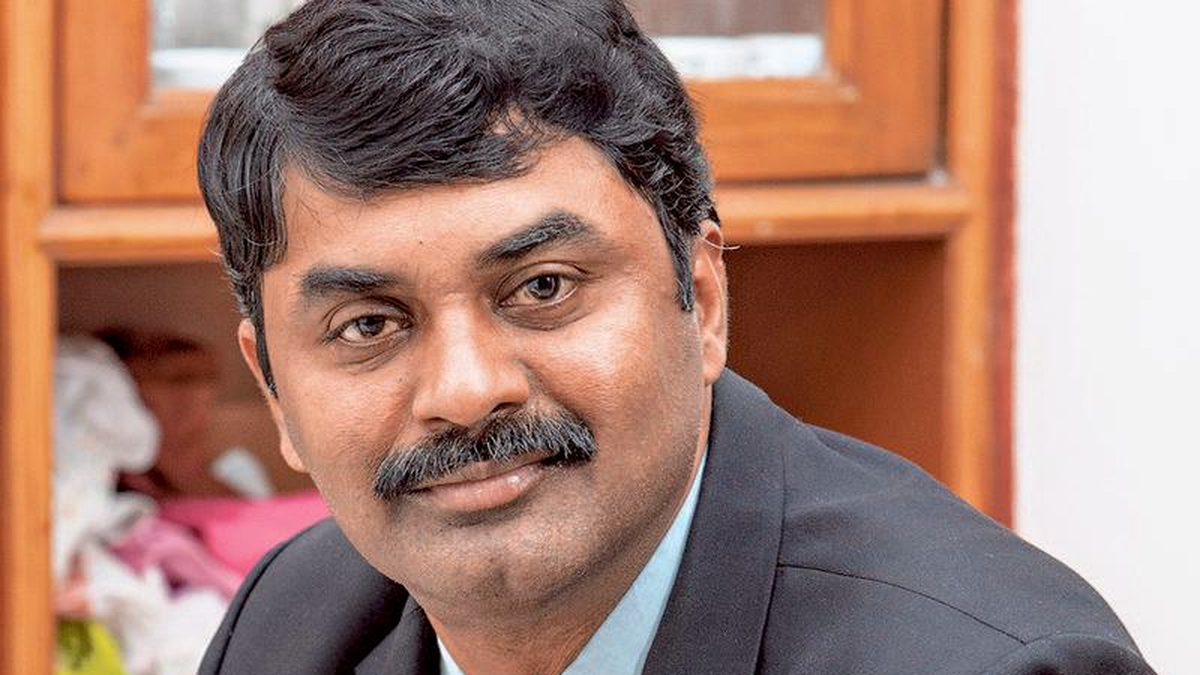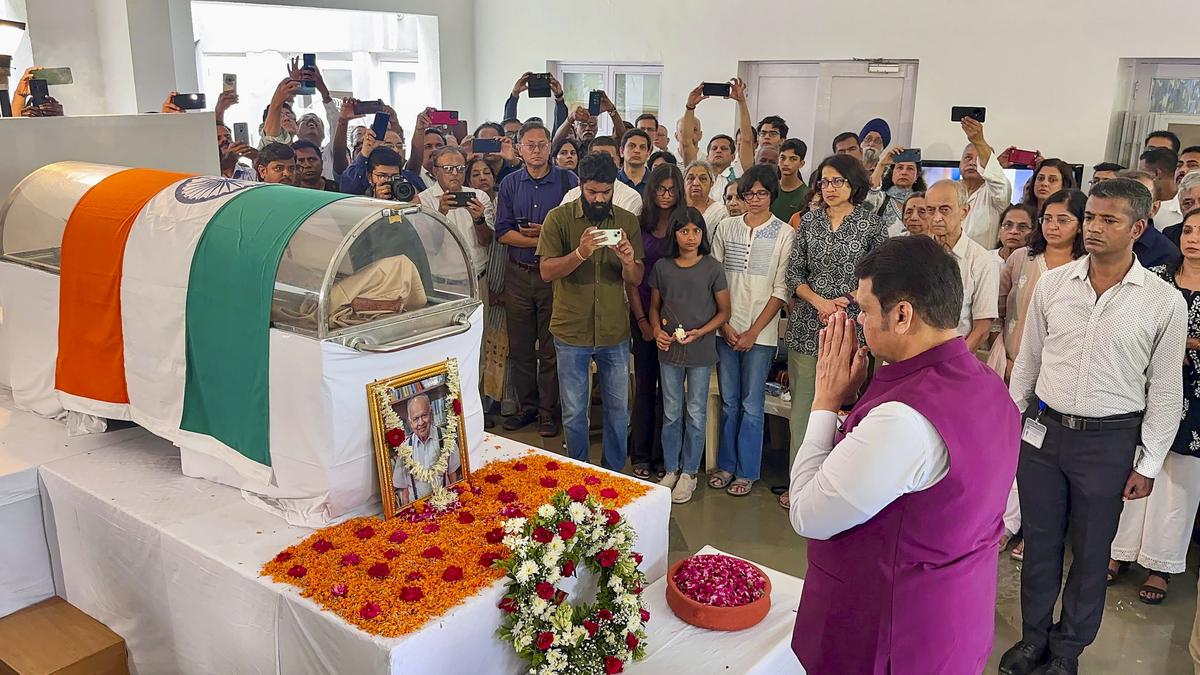[ad_1]

10 security personnel injured in an IED blast by Naxals in Gadchiroli in 2019.
| Photo Credit: ANI
Also Read: ‘Urban Naxal’ bill is bogey to smother opposition before Maharashtra polls, say Congress, CPI(M)
Why was the Bill proposed?
According to Deputy Chief Minister Devendra Fadnavis, who tabled the Bill in the State Assembly, Naxalism is not limited to rural areas, but is increasing in urban areas through frontal organisations. These active frontal organisations of Naxal groups give constant and effective support in terms of logistics and safe refuge to its armed cadre, he said. Citing ‘safe houses and urban dens of the Maoist network in the cities of Maharashtra,’ the senior BJP leader said such unlawful groups ‘propagate their ideology of armed rebellion against the constitutional mandate and disrupt public order in the State. He further stated that unlawful activities of such frontal organisations need to be controlled through effective legal means and that existing laws are ineffective to tackle the issue.
Also Read: Tackling the Maoists: On Left Wing Extremism
“In the absence of a similar law – which is in force in AP, Telangana, Chhattisgarh and Odisha – such organisations are active in Maharashtra. Therefore, the government considers it expedient to enact a special law for more effective prevention of unlawful activities,” said Mr. Fadnavis, who is also the guardian minister of the Naxal-affected Gadchiroli bordering Chhattisgarh and Telangana.
How different is it from the UAPA?
The Unlawful Activities (Prevention) Act, 1967 (UAPA) is invoked in cases related to Naxalism and terrorism. This law empowers the state to classify organisations as ‘unlawful associations.’ Both the laws are almost the same. However, in the MSPS Act, an advisory board of three persons who are or have been qualified to be appointed as judges of the High Court shall oversee the confirmation process, while under UAPA, a tribunal led by a High Court judge verifies the State’s declaration.

In addition to the UAPA, the State also enforces the Maharashtra Control of Organised Crime Act, 1999 (MCOCA) to address perceived extreme situations involving individuals labelled as ‘urban Naxals’. If the proposed legislation is passed, it would allow the State police and security agencies to arrest individuals without a warrant and often without informing them of the charges. All offences under this Act would be cognisable and non-bailable.
What are its key provisions?
The MSPS Act empowers the State to designate any suspected ‘organisation’ as an ‘unlawful organisation’ and outlines four offences for which a person may be penalised — (i) being a member of an unlawful organisation, (ii) being a member and raises funds for an unlawful organisation or harbours any member of the unlawful organisation, (iii) whoever manages or assists in the management of an unlawful organisation, or promotes or assists in promoting a meeting, and (iv) whoever commits or abets or attempts to commit or plans to commit any unlawful activity. These offences carry sentences ranging from two to seven years, along with fines between ₹2 lakh and ₹5 lakh.
When could it come into existence?
Since the Bill was tabled at the end of the Assembly’s term, and that too in the Lower House first rather than the Upper House, its progress will largely depend on the next government, as the State is scheduled to go to polls in October or November. The day after the Bill was tabled, the monsoon session was prorogued, and as a result, the proposed bill lapsed, unless the MahaYuti government issues an ordinance to implement it.
What is the stance of the Opposition?
Former Chief Minister Prithviraj Chavan has criticised the measure as ‘draconian,’ arguing that existing laws are sufficient to address the Naxal issue. “By introducing the bill in the Assembly first instead of the Council, the government clearly shows a lack of interest, while Delhi (Union government) is pressuring them to act. This is simply an attempt to suppress protests….We already have laws with the necessary provisions; why introduce another? This is a ‘draconian’ measure, and we strongly oppose it,” he stated. Mr. Chavan also noted that the Bill would automatically lapse with the dissolution of the Assembly, asserting that if the Maha Vikas Aghadi (MVA) returns to power, it would not reintroduce the Bill.
[ad_2]
Source link





